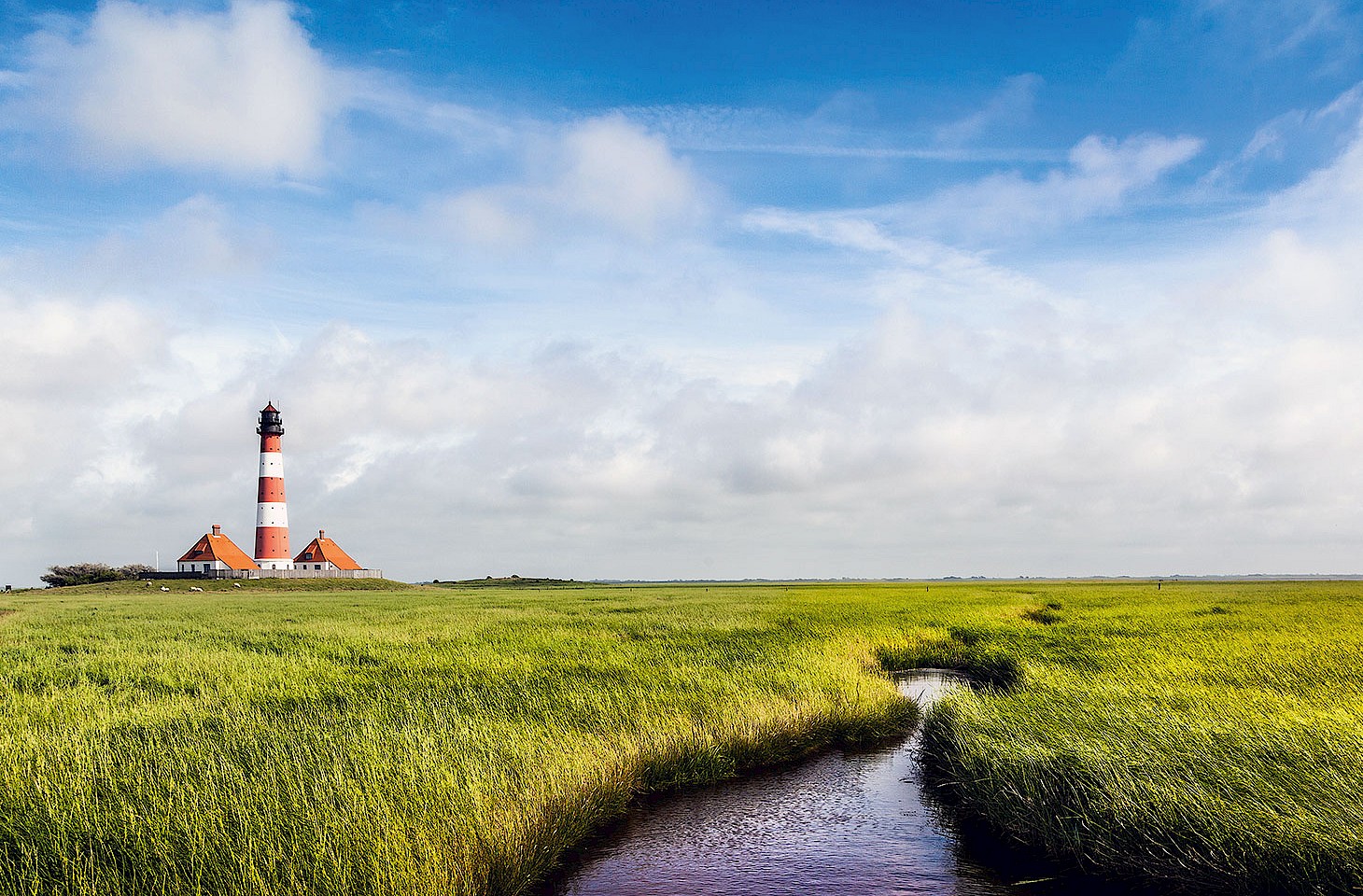Dear fellow travellers
Fifty years ago this month, student protests in Paris seriously provoked the government. On 2 May, the authorities had closed Nanterre University, provoking a fierce reaction from militants at the Sorbonne. Huge crowds gathered in Paris' Latin Quarter, where Daniel Cohn-Bendit and other radical leaders challenged the government to meet their demands for social, educational and economic reform.
The 150th anniversary, on 5 May 1968, of the birth of Karl Marx fuelled the flames of dissent and for a few weeks it looked as though Europe really might be ripe for revolution. Not since the days of the Paris Commune in 1848 had France seen such political turmoil. At one stage, towards the end of May 1968, France's President de Gaulle left the country and sought sanctuary at a French airbase in Germany.
Today marks the 200th anniversary of Marx's birth. He was born in the town of Trier in the Moselle Valley, a place which these days seems so sedate as to be entirely devoid of revolutionary potential. But Marx had sensitive political antennae and, as a young journalist, he wrote about the terrible conditions endured by vineyard workers in the Moselle region and about how the poor were forced to pilfer firewood to keep warm.
Fifty years on from those heady May days of 1968 in Paris, the life and work of Marx no longer seems quite so relevant to everyday life in the French capital. But this month will nonetheless see a number of Paris events recalling that revolutionary spring. And over in Trier, the city authorities appreciate that Marx is a trump card in pulling visitors to the city. Today, a new permanent exhibition opens at the beautifully preserved baroque town house in which young Karl was born in 1818. Walk through to the gardens at the rear and there are clipped hedges, a small white summer house, gravel paths offset by clematis and roses. Elegant, simple, understated. The house is seen at its best from this quiet garden: it is comfortable, pleasingly asymmetric, white windows picked out by olive painted frames, with green shutters on the lower floors. All very clear, crisp and clean.
Trier attracts an especially large number of visitors from China who are keen to see the very building where young Marx lived. It says much that the Friedrich Ebert Foundation, a trust closely associated with Germany's Social Democratic Party, has taken care of Marx's birthplace and ensured that Marx's legacy is preserved. Continental Europe is so fundamentally different from America, on all sorts of counts, but never more so than in politics. The underpinning principles of Marxism have permeated political thought in left-leaning parties and governments across much of Europe. Marxist ideas have given new vigour to literary criticism, economics, historical and cultural studies.
The blaze of revolution in Paris was eventually extinguished, but the affirming flame of radical thought, tempered by Marxist ideas, is still alight. The 200th anniversary of the birth of Karl Marx is a good moment to remember that there are alternatives to the free market and to capitalism. Travel writing is inevitably political and - as the editors and publishers of hidden europe - we shall continue to showcase cultures and communities that challenge reactionary ideas.
Paris this spring may not be 1968, but it's more than daffodils and outdoor cafés. French workers are not happy about the political reforms being pursued by the Macron government. There's a whiff of dissent in the air, and not just in the Latin Quarter. Marx may yet have his day!
Nicky Gardner and Susanne Kries
(editors, hidden europe magazine)


